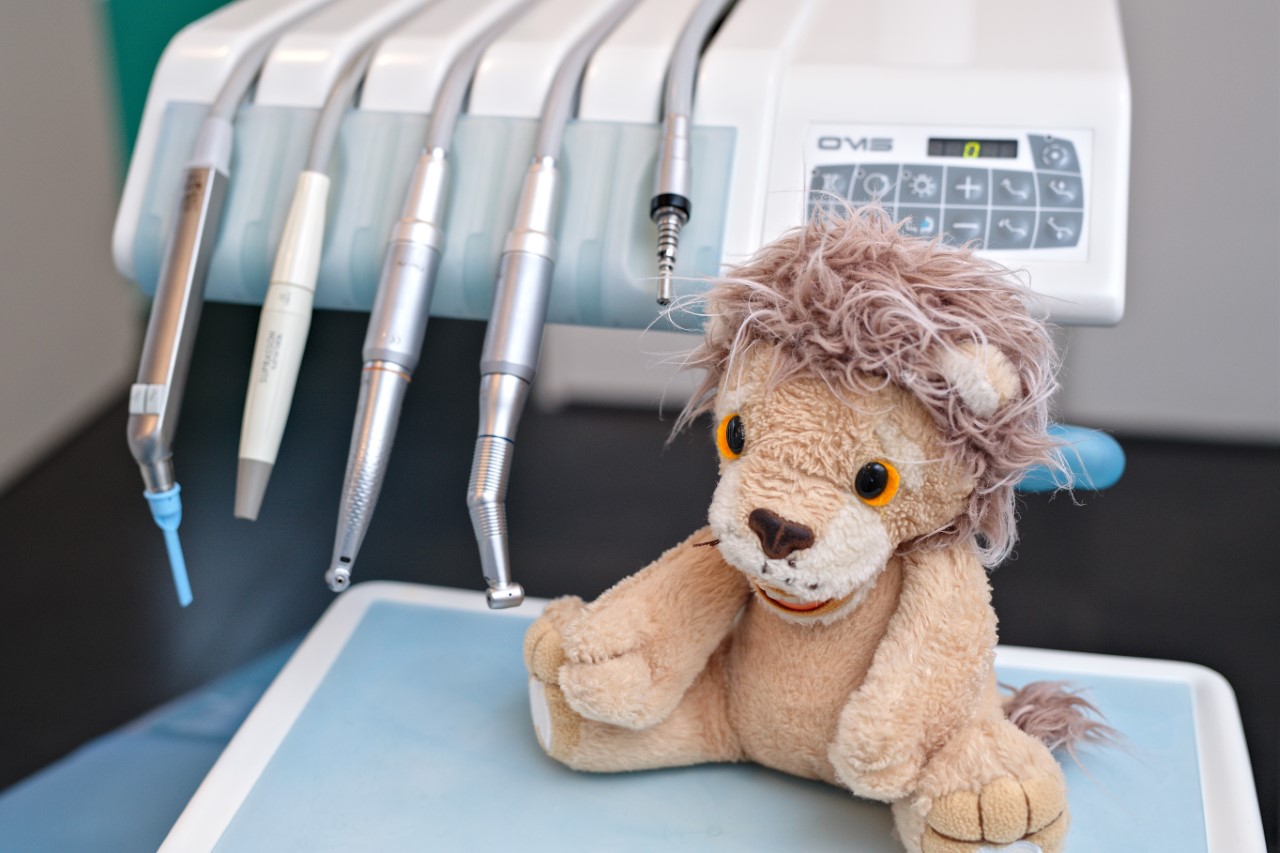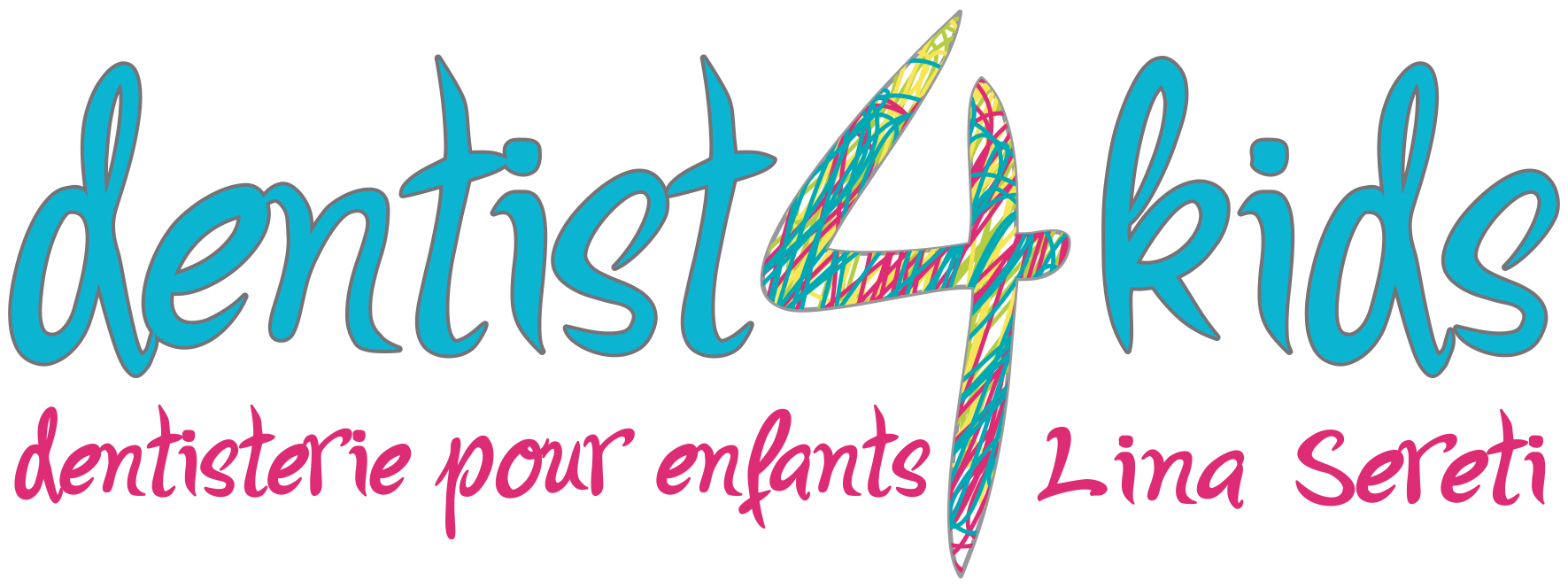Dental treatments
- Detection of dental caries (including a radiography if required)
- Demonstration of the appropriate teeth brushing routine depending on the child’s age
- Oral hygiene
- Nutritional advice and advice for the prevention of caries (fluoride, choice of a suitable tooth-paste, etc.)
- Control of the state of health of the teeth and gums
- Teeth cleaning (removal of plaque and scale)
- Occlusion control (control of the position of the teeth and jaws)
- Fluoridation
- Fissure and pit sealing
- Contrôle de l’occlusion (vérification de la position des dents et des mâchoires )
- Fluorisation
- Scellements de fissures et de pits
- Composite fillings
- SSC (Stainless steel crowns)
- Root canal treatments (pulpotomy, pulpectomy)
- Treatment of dental abscess
- Tooth extractions
- Extractions
If necessary, the team undertake to provide specialized care services (dental surgery) in cooperation with the C.H.I.R.E.C of Braine l’Alleud where dental care operations are done under general anesthesia.
The dentists of Dentist4Kids may, if they judge it necessary, take a dental X-ray that enables them to make a precise diagnosis.
In this case, Lina Sereti and Anaïs Charbit use latest generation digital radiography equipment that emits low radiation levels (the radiation rate of these innovative devices is more than 70% lower than that of conventional devices).
Prior to an X-ray scan (intra-oral or panoramic) we request the parents’ consent and always take the required protection measures to shield the child from radiation.

Anesthesia
Osteocentral anesthesia (Quicksleeper)
The dental practice Dentist4Kids uses Quicksleeper, a spearhead anesthesia technique that is painless for children. Quicksleeper provides: limited numbing sensation, low dose of product required, localized anesthesia (numbing only at the level of the teeth) and short (30 min to an hour maximum).
General anesthesia
In case of complicated treatments (multiple caries) and traumas in very young children or children with disabilities, general anesthesia is often the indicated option. The latter enables the dentist to provide quality treatment services without pain or stress for the child.

First appointment
Creating a relation of trust and mutual respect with each patient
The outcome of the first appointment is very important since it guides the child’s perception vis-à-vis his/her treatment and dental care in general.
Thus, we do the outmost to ensure that the child’s first contact with the practice shall be both positive and enjoyable.
